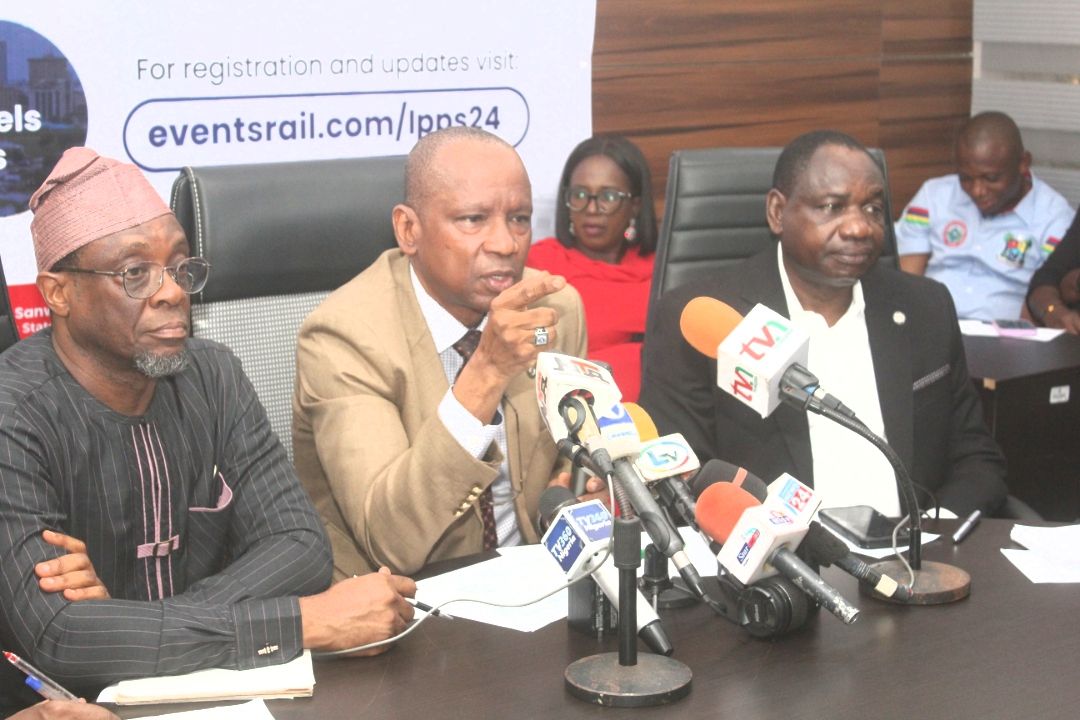
Nigeria urgently needs a new, homegrown Constitution that truly reflects the collective will of its people and their unique diversity, rather than continuing to rely on patchwork reforms of the existing framework.This was the clear and emphatic view of Chief Wole Olanipekun (SAN), former President of the Nigerian Bar Association (NBA), who delivered a thought-provoking address at the 13th Convocation Lecture of Afe Babalola University, Ado-Ekiti, yesterday.The lecture, with the theme: “Nigeria yesterday, today and tomorrow: imperative of a sober and definitive recalibration,” offered deep insights on the country’s constitutional challenges and the path forward.Olanipekun urged the National Assembly to suspend all further amendments to the 1999 Constitution immediately.He argued that the 1999 Constitution, which was imposed by the military regime of General Abdulsalami Abubakar without widespread public consultation or consent, has long outlived its usefulness.The document, according to him, is little more than a “military albatross” that “tells lies against itself,” failing to represent Nigeria’s federating units, diversity, and core aspirations.He said: “The National Assembly should, for the time being, stay action on any ongoing or future amendment to the 1999 Constitution.“This Constitution needs a new rebranding, a complete overhaul — a substitution altogether.“It has to be a negotiated document that will pave the way for a new social order.”There is an ongoing process to amend the constitution at the National Assembly.The process has scaled Second Reading in both the Senate and the House of Representatives.Olanipekun described the root of Nigeria’s foundational challenges as stemming largely from a flawed constitutional structure that concentrates excessive power at the centre.This structure, he believes, emasculates states, undermines their authority, and perpetuates inequalities across the federation.Among several problematic provisions, he highlighted the Land Use Act, the arbitrary creation of local governments without genuine consultation, and the unitarisation of the judiciary.These features, he argued, collectively impede growth, justice, equity, and sustainable development because the Constitution is neither people-driven nor reflective of Nigeria’s federal character and pluralistic society.Recalling efforts dating back to when the 1999 Constitution was “midwifed” during General Abubakar’s military regime, Olanipekun said he has been a consistent voice advocating for a people-oriented, participatory constitution crafted through public involvement and referendum.During his tenure as NBA President in 2002, he openly engaged former President Olusegun Obasanjo on the Constitution’s inadequacies.At the time, Obasanjo rejected calls for a complete overhaul but has since admitted the need and aligned with calls for a new constitution.Olanipekun proposed a transitional phase starting now and continuing through 2031.During this period, Nigeria should gather, review, and harmonise previous constitutional efforts, including reports from conferences and committees on restructuring, to prepare the foundation for drafting a final, consensual document.“During this transitional period, elections will continue and elected officials will serve their terms, but with the understanding that, come May 29, 2031, Nigeria will operate under a new Constitution, a new structure, and begin a fresh dawn,” he said.A strong case was also made by Olanipekun for conducting a national referendum as an indispensable democratic tool.He described referendum as “a solemn act by which people collectively speak in unison to decide matters of grave national importance.”He drew parallels with significant international referendums, including the Italian referendum of 1946 that ended the monarchy, Britain’s 2016 Brexit vote, and Equatorial Guinea’s 2025 Constitutional Referendum that recorded over 90 per cent voter approval.He reminded the audience that referendums are not foreign to Nigeria, recalling the 1961 plebiscite allowing the Southern Cameroons to decide whether to join Nigeria or Cameroon, and the 1963 referendum that led to the creation of the Mid-Western Region.Olanipekun emphasised the principle of popular sovereignty enshrined in Section 14(2)(a) of the 1999 Constitution, underscoring that ultimate power belongs to the people, who have the inalienable right to decide how they wish to be governed.Olanipekun stressed that it should be referendum, not the National Assembly, that decides the composition and governance of the National Assembly itself — whether it should be full or part-time, their tenure, remuneration, and other conditions.He argued that the National Assembly cannot fairly make decisions about itself, since one cannot be a judge in one’s own cause.Instead, he said, the federating units should organise the referendum, determine how it will be conducted, and establish its parameters.
Related Articles






Don't miss out on breaking stories and in-depth articles.